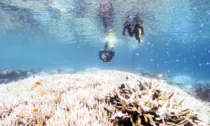
A searing late summer heatwave has sent the Great Barrier Reef into the red zone for risk, with scientists warning that high sea surface temperatures could have already caused coral bleaching across vast areas. The reef covers about 350,000 square kilometres, larger than the UK and Ireland combined. It’s so vast and remote that the agencies which monitor its health won’t know how much bleaching has occurred until they have completed systematic aerial surveys, due by the end of March.
Great Barrier Reef Marine Park Authority chief scientist David Wachenfeld said reports of minor to moderate coral bleaching, at locations scattered across the reef, had been coming in for months and now, following the heatwave, he said “the question is how bad will it get and over how big an area?“...
Read More










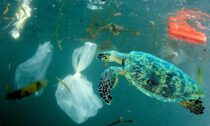
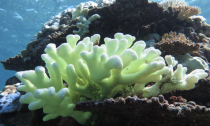
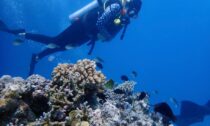


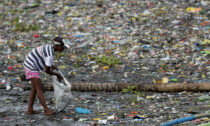



Social Profiles